BOOKS

The Tending Instinct: How Nurturing is Essential to Who We Are and How We Live
– Shelley E. Taylor, 2002
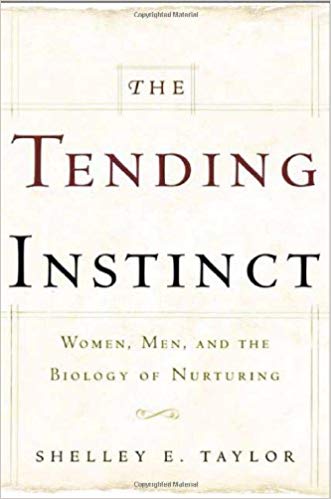 A groundbreaking work that reveals how the instinct to “tend and befriend” is vital for human society.
A groundbreaking work that reveals how the instinct to “tend and befriend” is vital for human society.
In times of crisis and upheaval, our responses to stress become especially important. We have long heard about the “fight or flight” response, but renowned psychologist Shelley E. Taylor points out that hardwired in females — both humans and those of other species — is an instinct that can transcend “fight or flight.” Their “tend and befriend” response is not only demonstrable but, as Taylor deftly explains in this eye-opening work, a key ingredient in human social life.
With great skill and insight, Taylor examines stress, relationships, and human society through the special lens of women’s biology. She draws on genetics, evolutionary psychology, physiology, and neuroscience to show how this tending process begins virtually at the moment of conception and literally crafts the biology of offspring through genes that rely on caregiving for their expression. Taylor also examines what drives women to seek each other’s company and to tend to the young and the infirm — acts that greatly benefit the group but often at great cost to the individual.
In the tradition of works such as Daniel Goleman’s Emotional Intelligence and Steven Pinker’s The Language Instinct, Taylor’s book will forever change the way we view ourselves and will revolutionize our understanding of the role of women and nurturing in maintaining a stable society.
When Their World Stops: The Essential Guide to TRULY Helping Anyone In Grief
– Anne-Marie Lockmyer, 2018
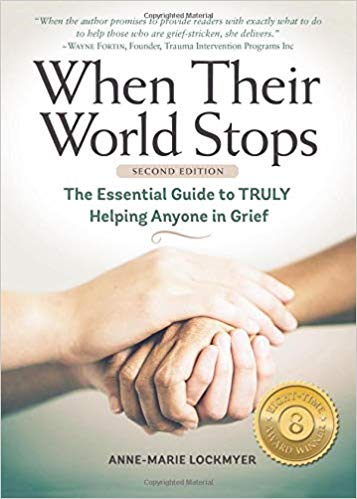 Have a grieving friend and don’t know what to say or do? No more fear, embarrassment or walking on eggshells. This 8-time award-winning book increases your understanding of what the grieving one is experiencing and feeling. It equips you to say the right things and avoid saying the wrong things, be supportive with appropriate actions and gifts, offer encouragement during the holidays, writes a lovely message in a sympathy card and so much more. Included is an exclusive reminder list for the first year of grief as well as a cheat-sheet. This easy to read practical guidebook is packed with all you need to increase your confidence and take the awkwardness out of responding to someone devastated by grief.
Have a grieving friend and don’t know what to say or do? No more fear, embarrassment or walking on eggshells. This 8-time award-winning book increases your understanding of what the grieving one is experiencing and feeling. It equips you to say the right things and avoid saying the wrong things, be supportive with appropriate actions and gifts, offer encouragement during the holidays, writes a lovely message in a sympathy card and so much more. Included is an exclusive reminder list for the first year of grief as well as a cheat-sheet. This easy to read practical guidebook is packed with all you need to increase your confidence and take the awkwardness out of responding to someone devastated by grief.
Companioning the Bereaved: A Soulful Guide for Counselors & Caregivers
– Alan D. Wolfelt Ph.D., 2005
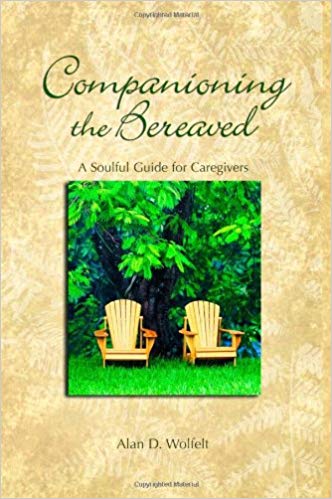 Renowned author and educator Alan Wolfelt redefines the role of the grief counselor in this guide for caregivers. His new model for “companioning” the bereaved gives a viable alternative to the limitations of the medical establishment, encouraging counselors and other caregivers to aspire to a more compassionate philosophy. This approach argues that grief needs no longer be defined, diagnosed, and treated as an illness but rather should be an acknowledgment of an event that forever changes a person’s worldview. Through careful listening and observation, the caregiver learns to support mourners and help them help themselves heal.
Renowned author and educator Alan Wolfelt redefines the role of the grief counselor in this guide for caregivers. His new model for “companioning” the bereaved gives a viable alternative to the limitations of the medical establishment, encouraging counselors and other caregivers to aspire to a more compassionate philosophy. This approach argues that grief needs no longer be defined, diagnosed, and treated as an illness but rather should be an acknowledgment of an event that forever changes a person’s worldview. Through careful listening and observation, the caregiver learns to support mourners and help them help themselves heal.
Companioning You!: A Soulful Guide to Caring for Yourself While You Care for the Dying and the Bereaved
– Alan D. Wolfelt Ph.D., 2012
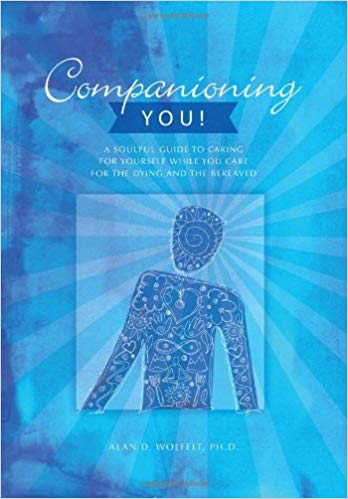 Based on Dr. Wolfelt’s unique and highly regarded philosophy of “companioning” versus treating mourners, this self-care guide for professional and lay grief caregivers emphasizes the importance of taking good care of oneself as a precursor to taking good care of others. Bereavement care is draining work, and remaining empathetic to the painful struggles of mourners, death, and dying, day in and day out makes caregivers highly susceptible to burnout. This book demonstrates how caring for oneself first allows one to be a more effective caregiver to others. Through the advice, suggestions, and practices directed specifically to caregiving situations and needs, caregivers will learn not to lose sight of caring for themselves as they care for others.
Based on Dr. Wolfelt’s unique and highly regarded philosophy of “companioning” versus treating mourners, this self-care guide for professional and lay grief caregivers emphasizes the importance of taking good care of oneself as a precursor to taking good care of others. Bereavement care is draining work, and remaining empathetic to the painful struggles of mourners, death, and dying, day in and day out makes caregivers highly susceptible to burnout. This book demonstrates how caring for oneself first allows one to be a more effective caregiver to others. Through the advice, suggestions, and practices directed specifically to caregiving situations and needs, caregivers will learn not to lose sight of caring for themselves as they care for others.
What Do I Do?: A Step by Step Guide for Friends and Family to Support Anyone Who Has Lost a Child
– Kimberly Calabrese, 2019
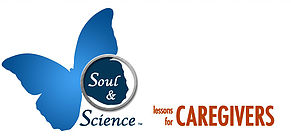
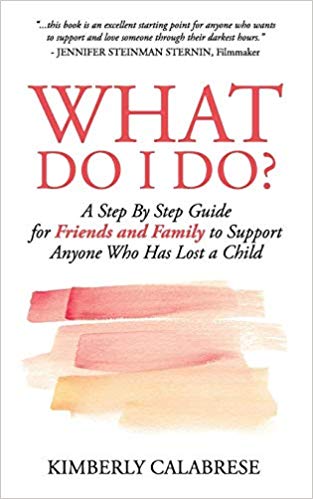 After a baby or child dies, friends and family members often feel helpless and are unsure how to help and what to say. If you’re looking for advice on the things to do and say from someone who has experienced this horrific loss, this is the book you need. Kim Calabrese wrote this book because when she needed it to share with her family after her daughter died, it didn’t exist. Kim’s daughter Paris died when she was just six months old. During this incredibly painful time in her life, Kimberly did not have a lot of support because her friends and family did not know what to do.
After a baby or child dies, friends and family members often feel helpless and are unsure how to help and what to say. If you’re looking for advice on the things to do and say from someone who has experienced this horrific loss, this is the book you need. Kim Calabrese wrote this book because when she needed it to share with her family after her daughter died, it didn’t exist. Kim’s daughter Paris died when she was just six months old. During this incredibly painful time in her life, Kimberly did not have a lot of support because her friends and family did not know what to do.